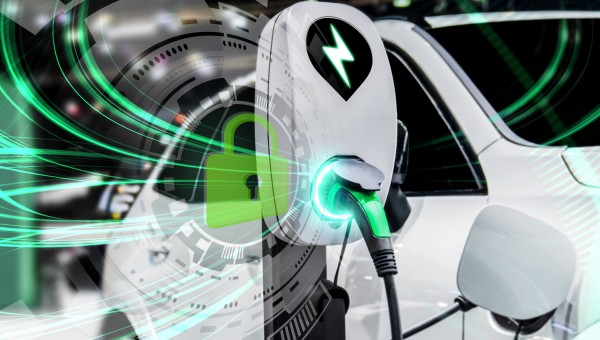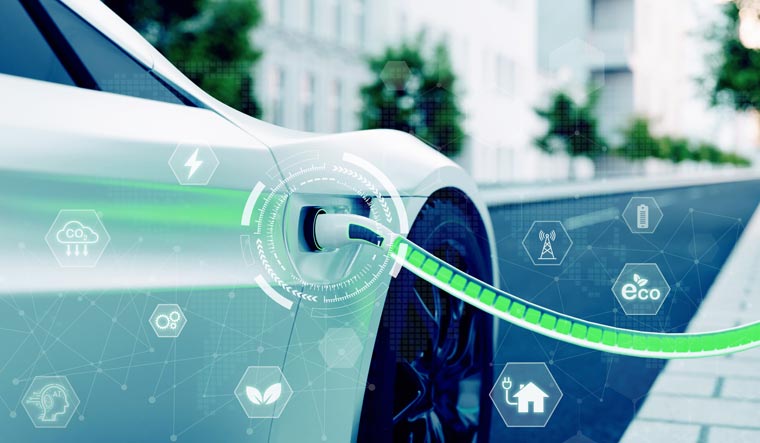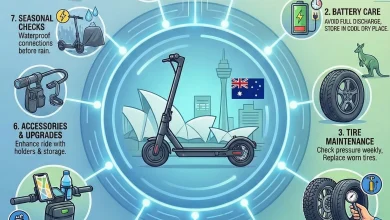
A robust charging infrastructure is critical in the ever-evolving electric vehicles (EVs) world. Installation requirements for EV chargers are needed to ensure their longevity. But EV chargers, the unsung heroes of this revolution, face a unique set of challenges. From the elements to everyday wear and tear, safeguarding these chargers against damage is essential to ensure their smooth operation and long-term functionality.
However, the landscape of EV charger protection is evolving. AI-powered solutions are emerging to identify potential issues and prevent damage proactively before they occur. This guide explores comprehensive strategies to protect EV chargers, including the exciting potential of AI, ultimately promoting a reliable and sustainable charging experience for EV drivers. By implementing these preventative measures, maintenance routines, and cutting-edge AI technology, we can ensure EV chargers deliver power for years, paving the way for a cleaner and more electrified future.
Identifying Potential Threats
Before we can safeguard something and ensure its longevity, we need to understand the enemies it faces. These threats can be broadly categorized into four main areas: physical, environmental, biological, and digital. Let’s delve into each category with some specific examples to illustrate their impact:
- Physical Damage: Anything that can cause wear and tear, breakage, or malfunction. A historical document might include ripping, tearing, or fading from excessive handling. On the other hand, a car could be susceptible to dents, scratches, or engine failure from accidents or everyday wear. Natural disasters like floods, earthquakes, or fires can also pose a significant physical threat.
- Environmental Damage: Environmental factors like light, temperature, and humidity can significantly deteriorate an object over time. A priceless painting exposed to direct sunlight could experience color fading. Fluctuating temperatures and humidity can damage delicate electronics or cause mold growth on organic materials like furniture or books.
- Biological Damage: Living organisms can also pose a threat. Pests like termites can devour wooden structures, while rodents might chew through electrical wires. Mold thrives in damp environments and can damage both buildings and personal belongings. Even seemingly harmless things like dust can cause internal wear in machinery.
- Digital Damage: Data faces unique threats in our increasingly digital world. Data corruption due to hardware failure or software glitches can lead to permanent information loss. Cyberattacks like malware or hacking attempts can steal, corrupt, or erase sensitive data. Regular backups and robust security measures are crucial to safeguard digital assets.
By identifying these potential threats and understanding their specific impact, we can develop targeted strategies to mitigate them. This proactive approach is the cornerstone of ensuring the longevity of anything we wish to protect.
Preventative Measures: Building a Smart Defense System
Now that we’ve identified the potential threats lurking around the corner, it’s time to build a robust defense system for our EV chargers. Here, we explore various preventative measures tailored to each category, with a focus on how AI can enhance these strategies:
Physical Protection
- Proper Installation and Materials: While proper installation and durable materials are crucial, AI can add another layer of security. Sensor fusion AI can analyze data from various sensors (vibration, temperature, etc.) to ensure optimal charger installation and detect any early signs of stress on crucial components.
- Predictive Maintenance: Move beyond reactive maintenance. Predictive AI can analyze usage data and sensor readings to predict potential component failures before they occur. This allows for preventative maintenance, reducing downtime, and extending charger life.
Environmental Controls
- Smart Climate Management: Go beyond essential temperature and humidity control. AI-powered climate systems can learn usage patterns and adjust settings dynamically, optimizing energy consumption while ensuring optimal operating conditions for the charger.
- Real-Time Weather Monitoring: Prepare for the unexpected. AI-powered weather forecasting can integrate with climate control systems, proactively adjusting settings before extreme weather events can cause damage.
Biological Safeguards
- Automated Pest Detection and Deterrence: Don’t wait for signs of infestation. Image recognition AI can analyze camera footage to identify pests, such as rodents entering the charger enclosure, triggering automated deterrents like ultrasonic repellents or notifications for pest control.
Digital Safeguards
- Cybersecurity for Connected Chargers: As EV chargers become more connected, robust cybersecurity is crucial. Network security AI can monitor for suspicious activity, unauthorized access attempts, or malware infections, preventing data breaches and ensuring the secure operation of the charger.
- Secure Communication and Authentication: Protect communication between chargers and user devices. AI-powered anomaly detection can identify unusual communication patterns, potentially indicating hacking attempts.
By implementing these preventative measures and leveraging the power of AI, we can build an innovative defense system for EV chargers. This proactive approach will minimize damage, optimize performance, and extend charger lifespan.
Maintenance and Repair
Even with the best preventative measures in place, nothing lasts forever. Regular maintenance and repair are essential partners in the fight for longevity. Here’s how AI can enhance this process:
- Predictive Maintenance: We can move beyond traditional scheduled maintenance. Predictive AI can analyze sensor data, usage patterns, and historical maintenance records to anticipate potential issues before they become critical failures. This allows for targeted maintenance interventions, minimizing downtime and extending charger lifespan.
- AI-powered Diagnostics: Troubleshooting can be time-consuming. AI-powered diagnostics can analyze sensor data and error codes to pinpoint the root cause of problems quickly and accurately. This reduces troubleshooting time and ensures repairs are focused on the specific issue.
- Augmented Reality (AR) Support: Imagine a technician having real-time access to repair manuals and step-by-step instructions overlaid in their field of vision. AR-assisted maintenance can improve repair efficiency and accuracy, especially for complex EV charger systems.
While traditional maintenance practices remain important, AI offers a powerful way to transition from reactive repairs to proactive care. This extends the lifespan of EV chargers, optimizes their performance, and reduces overall maintenance costs.
Final Thoughts
By prioritizing the strategies outlined in this guide, which leverage the power of AI, we can significantly extend the lifespan and functionality of EV chargers. This translates to cost savings for owners and operators and ensures a reliable charging experience for EV drivers – a crucial factor in promoting widespread electric vehicle adoption.
AI-powered EV charger protection is not just about extending lifespans; it’s about building a more innovative, more sustainable charging ecosystem. Imagine a future where AI proactively identifies potential issues, optimizes energy usage, and streamlines maintenance, all while safeguarding chargers from emerging threats.
This future is within reach, and by embracing AI, we can pave the way for a cleaner, more sustainable transportation future. Remember, proactive care with the help of AI goes a long way in safeguarding these vital components of the EV revolution. Let’s ensure our EV chargers are intelligent, resilient, and ready to power the journey towards a greener tomorrow.







